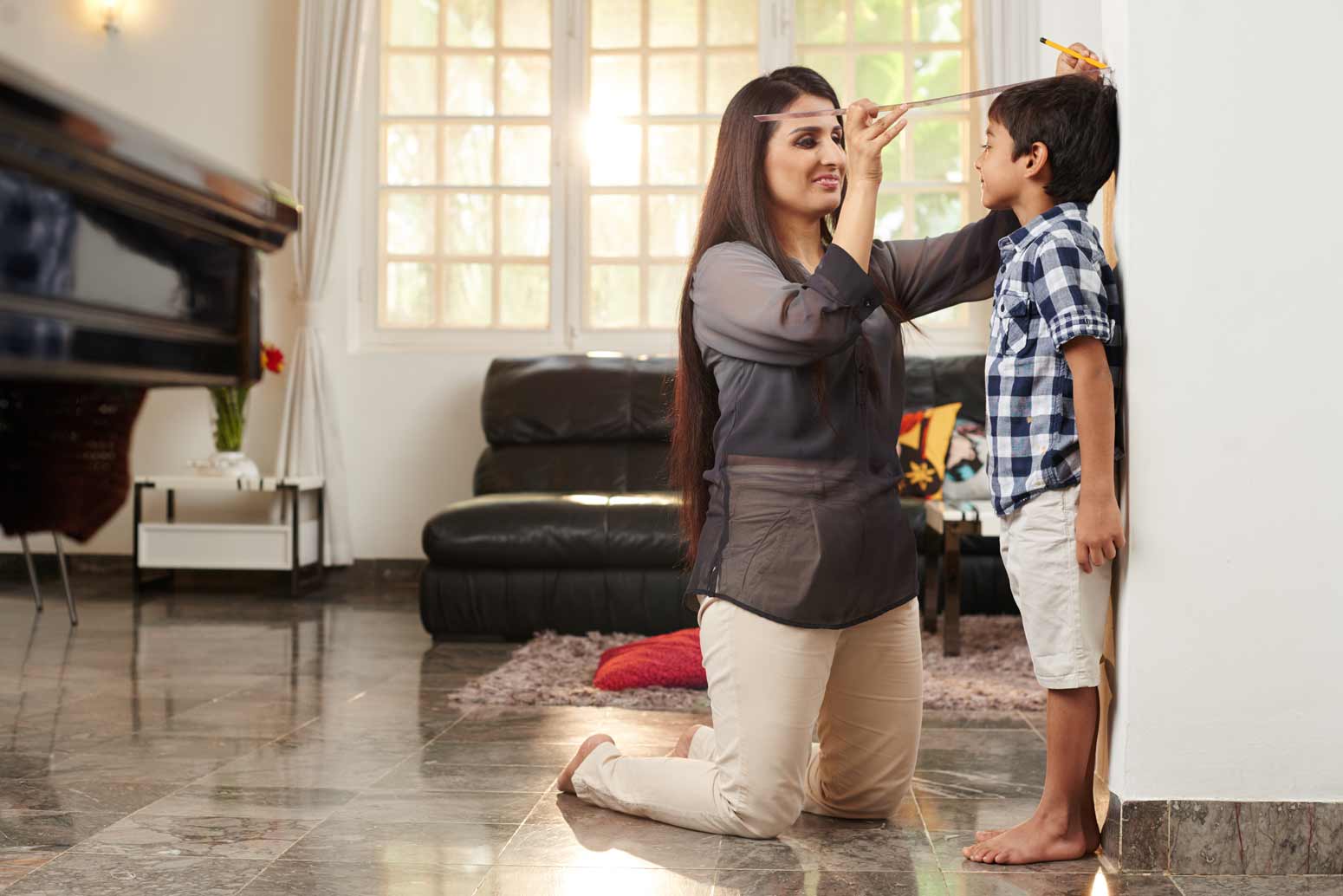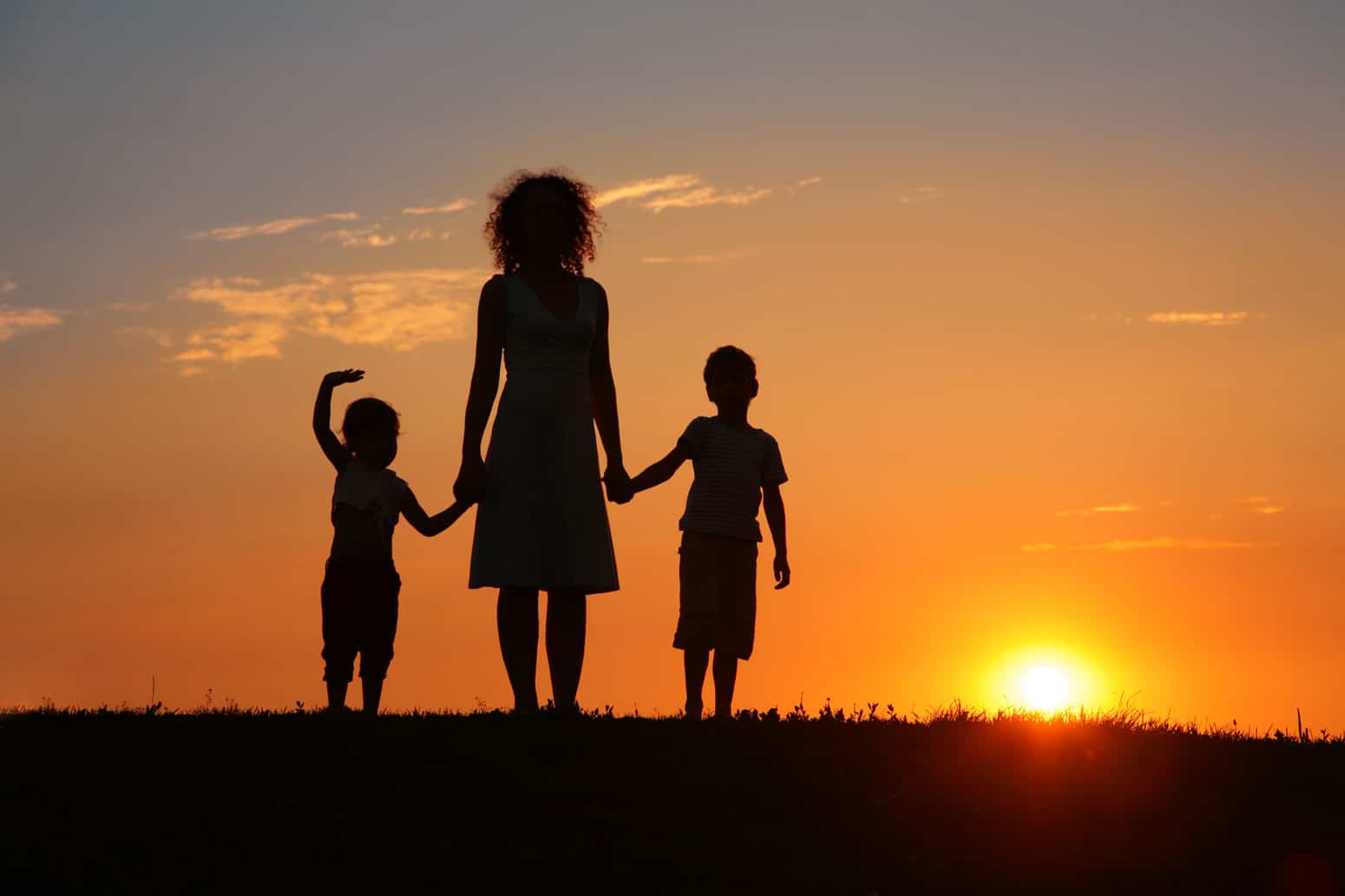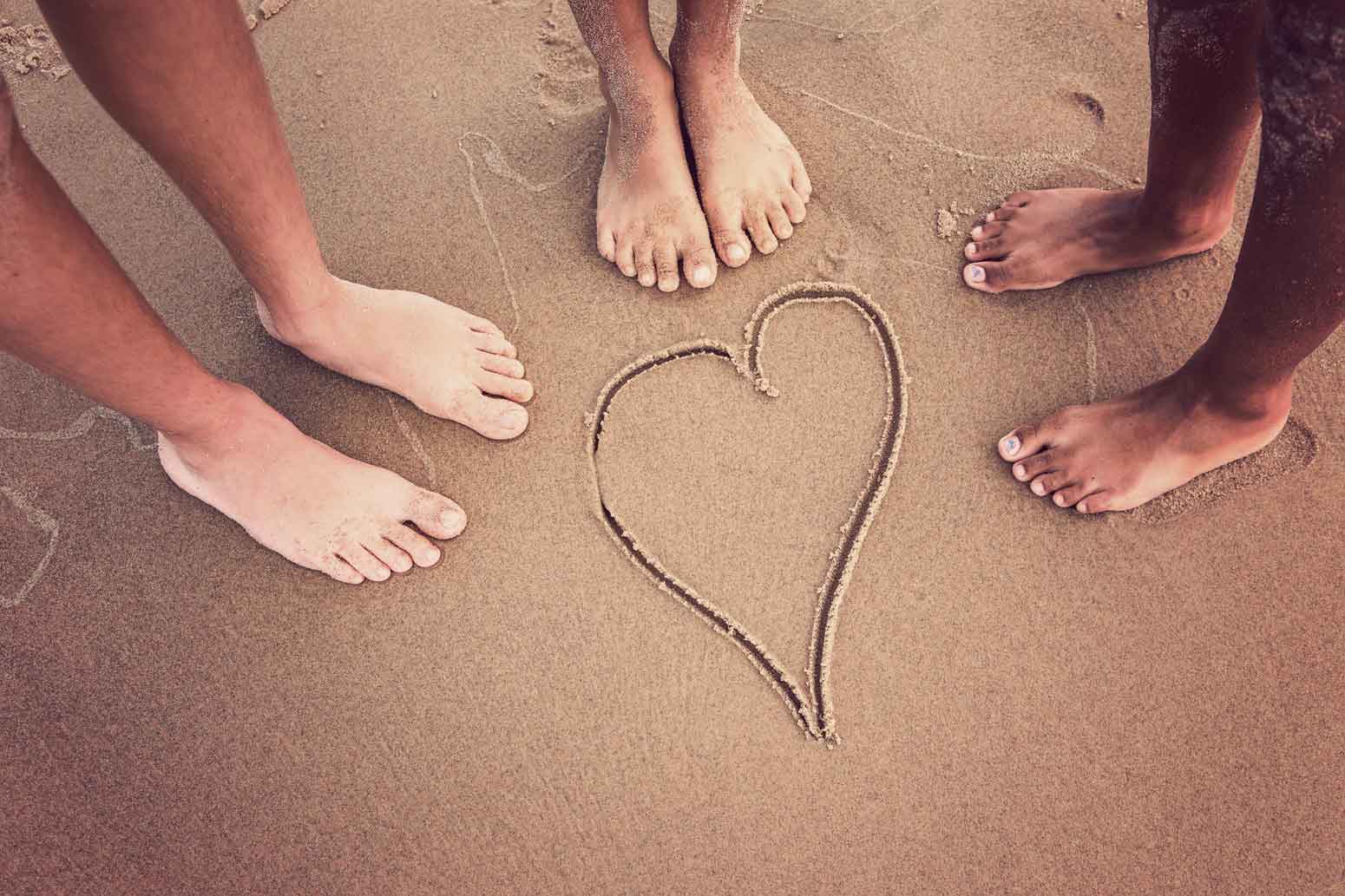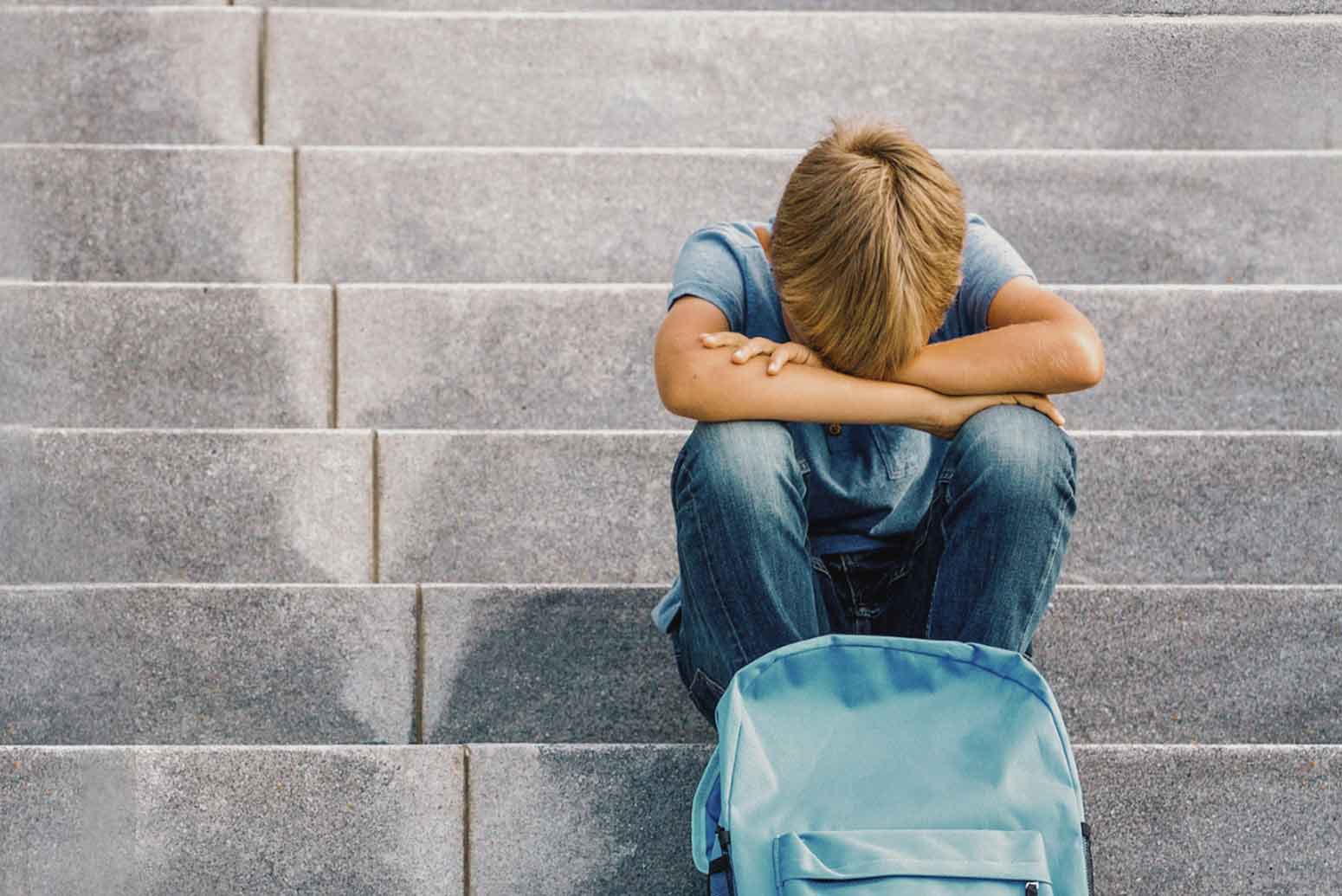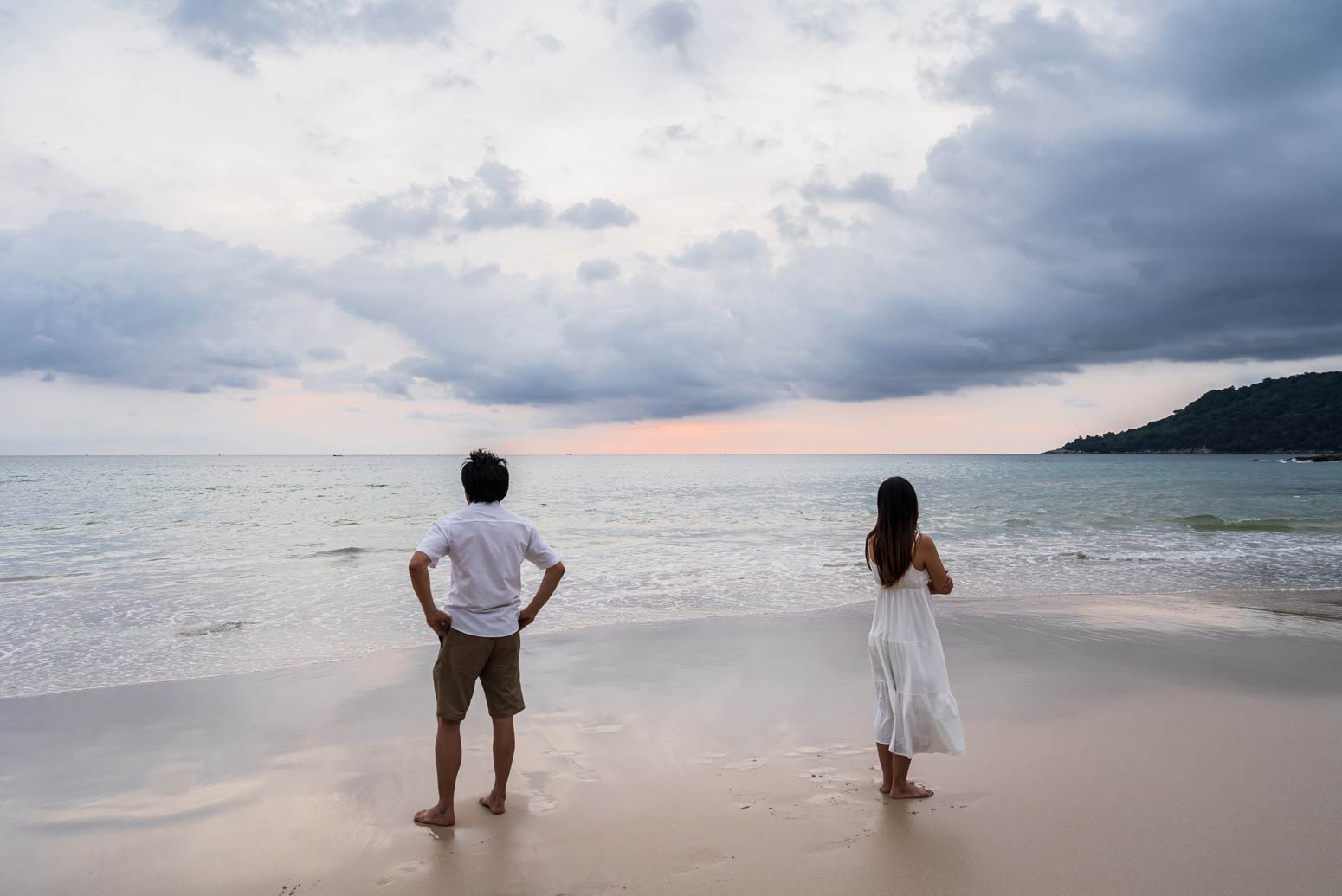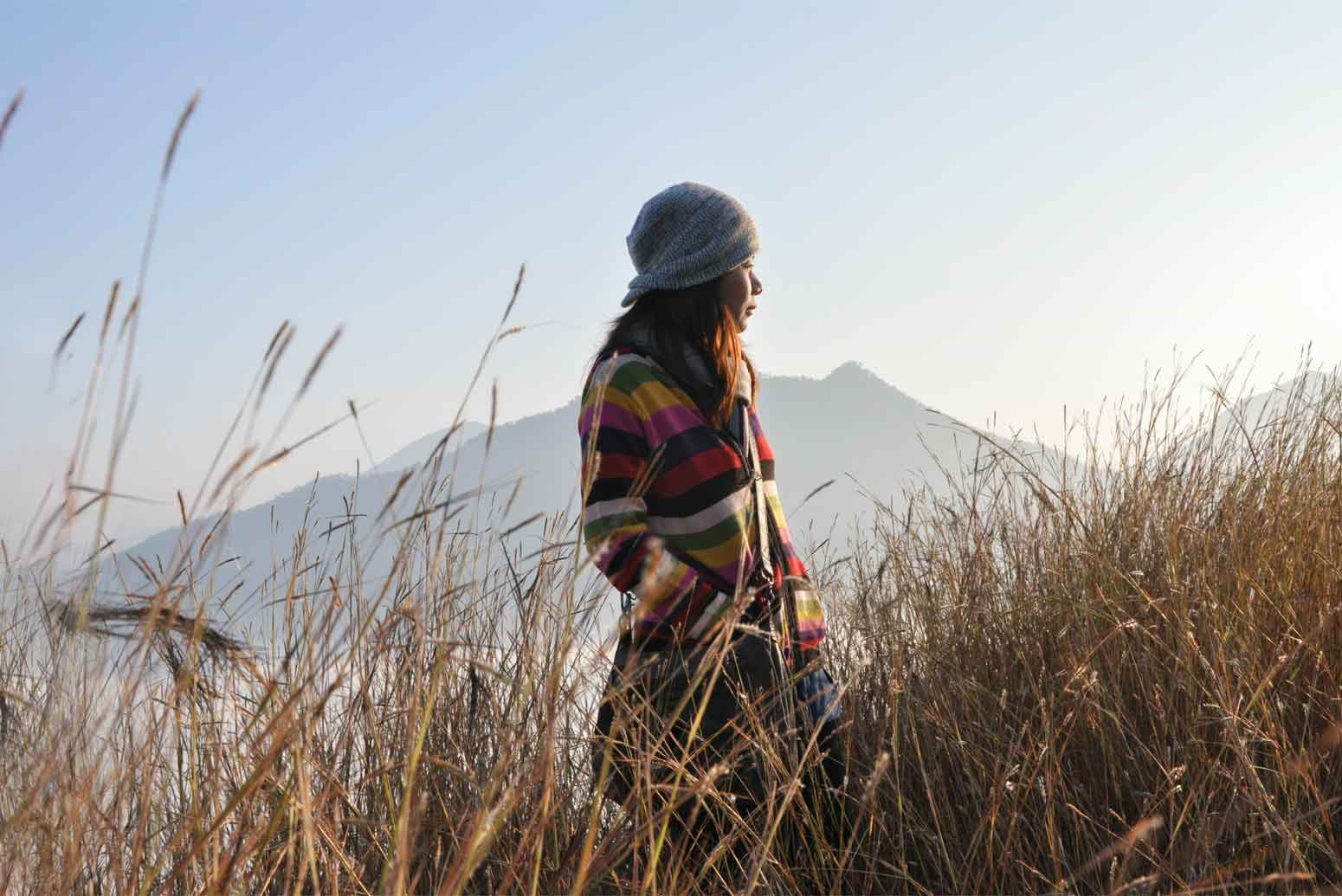Early morning is my favorite time of day, and the best part of those special moments is time spent around the table with my husband. We share breakfast, cups of steaming tea, and discuss what is on our hearts. It is a treasured time that we try to maintain through the demands of our full schedules.
During one of our morning chats, we reminisced about a recent trip: A drive from Oregon to California along a scenic byway that took us through open fields, along the edges of tall summits, and through a swarm of grasshoppers (I’ll save the explanation of the insect invasion for another time).
An Unusual Confession
We left the tranquility of Oregon and hit a wall of traffic in Northern California. And as we retraced our steps towards our destination, my husband stopped, looked at me, and shared, “You know when we are in Bend, I feel safe. But, as we move further away from home, my radar goes up and I become cautious.”
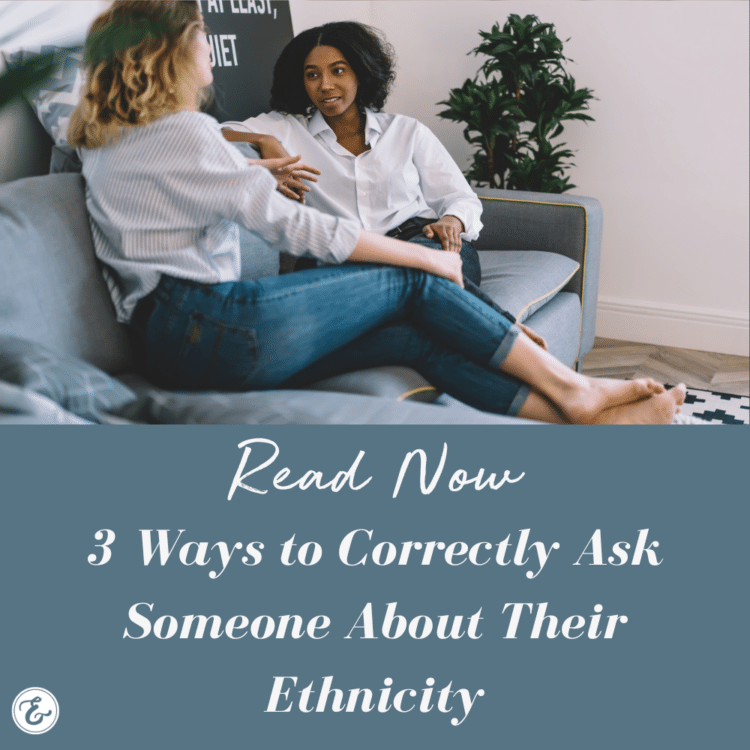
To fully appreciate the rest of my story, you have to understand a little about my husband.
He was born to a single mom with nine other children. He is a protector, with a huge heart, a lover of Jesus, and a black man. We’ve been married more than 40 years; he was 36 and I was 22.
In the past, he has never expressed concern about his safety or communicated angst about venturing away from home. The man has spent years working overseas, traveled domestically, and loves people. In fact, I don’t think he has ever met a stranger. So, I prodded him for more. I wanted to better understand what seemed to me an unusual confession.
And this is where the story picks back up.
As I sat across the table looking at the eyes and body language of my husband, something had shifted. There was an unsettledness that replaced his usual calm and I couldn’t help but wonder what he wasn’t telling me.
Has the World Lost Its Tolerance for Diversity?
He went on to share that he feels the world has changed. There was a time that overt hate and racism were not tolerated. But today, there appears to be a greater tolerance for words and behaviors that marginalize people of color or those of a protected class. He listed the names of men and women whose rights have been violated or who have been victims of actions that have maimed and killed. He reflected on systems that keep people burdened and broken.
And while listening to his analysis, I couldn’t help but wonder, what has happened to our world? What has caused my husband, or any man or woman of color, to be concerned about the consequences of driving? What has happened to the heart of man when he has stopped seeing differences as God’s creative design and begins seeing variation as a threat, something to control? What is the prospect for our children’s futures if we lose the beauty of diversity, the richness of God’s tapestry?
I am a product of two parents that deeply loved each other. I know this because my white mother walked away from her family and took on the identity of a Creole woman to protect her Black and Chinese husband. They left the segregated south to land in the free west and built a life for our small family. My parents maintained this façade for decades; it was just easier.
I’m certain they withstood angry words and even angrier actions but they were amazing examples of the strength that comes from a love tested by adversity. They fought so their children wouldn’t have to. Yet, today I wonder if we aren’t losing ground. The foundation they laid appears to be eroding, one word, one action, one act of intolerance, at a time.
How Can We Practice Redemptive Love?
As Jesus’ followers, we can make important differences. For some of us, it may mean taking commanding stands against injustice. But for most of us, it will look more like small incremental steps toward putting aside our biases and operating from that place in our souls controlled by God’s love.
Dr. Martin Luther King Jr., in his 1957 sermon, “Love Your Enemies,” shares, “We must discover the power of love, the power, the redemptive power of love. And when we discover that, we will be able to make of this old world a new world. We will be able to make men better. Love is the only way.”
So, what can we do today to practice redemptive love? I think it will require three things. We need to:
1. Be courageous enough to face the past.
2. Be aware enough to confront the present.
3. And be mindful enough to evaluate our personal beliefs.
Face the Past
As I watched my parents navigate the world, they chose to recognize past injustices. They didn’t try to pretend that intolerance, hate, and their life experiences were not real. But they didn’t get stuck in the resulting pain either. They understood that much of peoples’ distorted beliefs and prejudices were a product of fear and ignorance.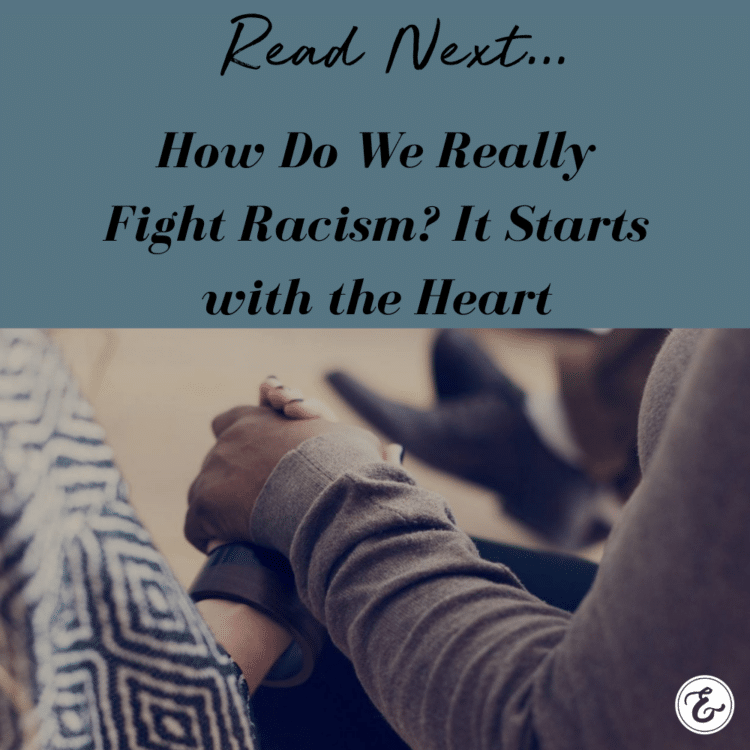
Mom wrote letters to the local paper encouraging people to reach across the color divide. She shared poems about her fears for her husband’s safety, and spoke candidly to friends, gently pointing out their biases. She advocated for personal responsibility and urged those closest to her to open their hearts and minds – adopt a willingness to see people for more than the color of their skin.
We can acknowledge a past that fostered separate and unequal while educating ourselves on the history of previous generations. Yet, we can’t get stuck there.
We have to fight to rise above the weight of our ancestor’s actions and allow our newfound awareness gently stir our hearts towards love.
Confront the Present
My husband has experienced the dehumanizing actions of thoughtless people. Individuals that ignore him during conversations and speak only to me. Those that intentionally disregard him at the information desk or while standing in the checkout line. And then there are those times, when he is followed by the store clerk or security guard, or pulled over by local law enforcement and asked, “is this really your car.” All subtle actions that deliver a powerful message.
His usual response? A kind word that allows people to see he is human.
A few calm questions to help them see the bias of their behaviors and a firm redirect. He shares a few thoughts to help people understand how they could approach the situation differently.
This approach works best with people he knows but it can also be thoughtfully executed with total strangers.
We can’t remain silent while intentional or unintentional inequality abounds. A few words, spoken with respect and in love, can make a difference.
Evaluate Personal Beliefs
As a biracial woman, I carry the burden of my white ancestors and the heartache of my black forefathers. My mother’s family owned slaves, my father’s family were slaves. It is an interesting mental dance I perform as I contemplate the past and present.
What I am learning is I have to objectively, and unemotionally, evaluate my beliefs and attitudes. And once I have defined my misconceptions, I work to reframe the lies with truth.
Self-reflection takes courage and a willingness to lay the ugliness that fills the heart on the table.
Again, we are not taking on the shame or the guilt of the past, we are merely identifying the distortions passed down from one generation to the next, sometimes unconsciously but nonetheless damaging. Once exposed, we can cover each lie with God’s truth.
Our breakfast conversation opened a window inviting me to peer through and briefly experience my husband’s angst. It changed a little piece of my soul, helping me to be more attuned to how he navigates the world. It also underscored the need for me to find the courage to stand. Stand against the injustices that abound in our world and my mind. It has inspired me to take the next small step. A step toward allowing God’s redemptive love to triumph in my life.



